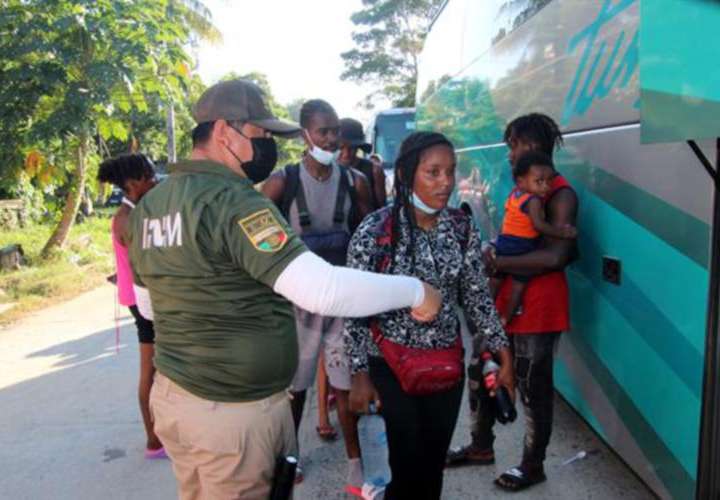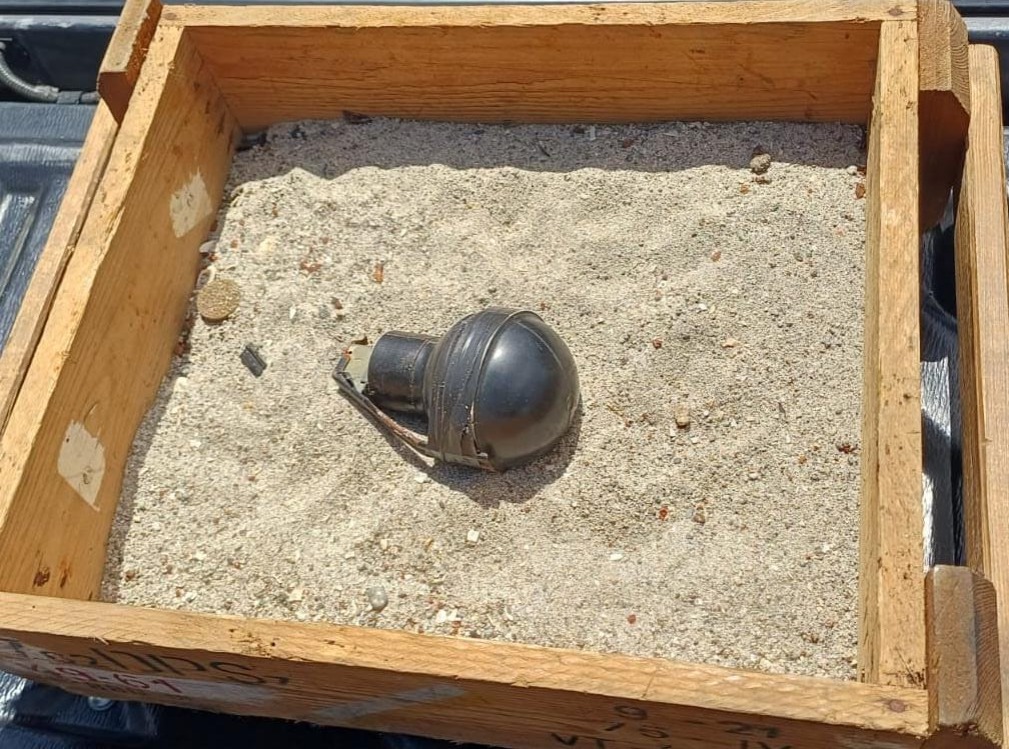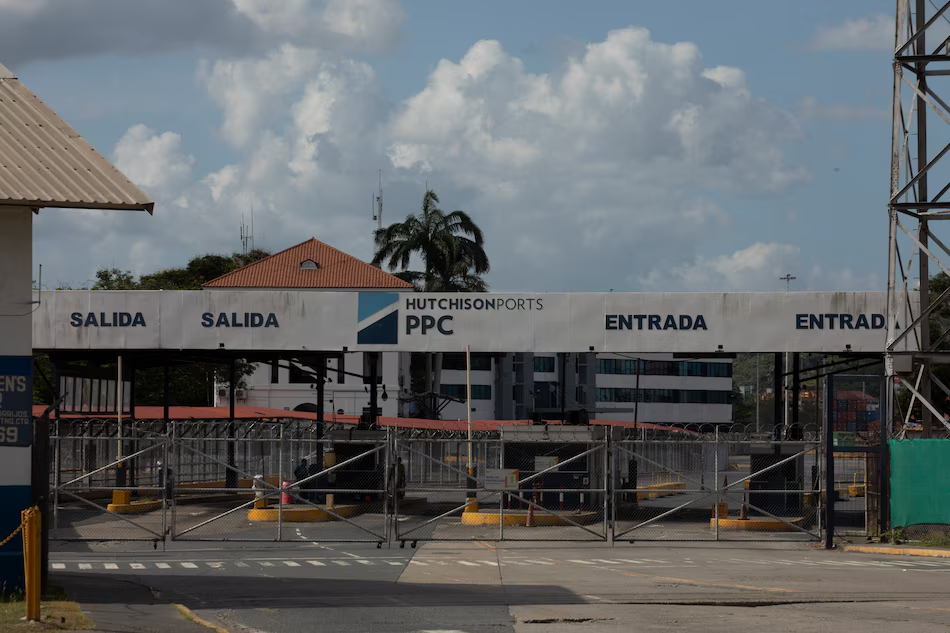Tri-country meeting on migrant crisis

The authorities of Panama, Costa Rica, and Colombia will meet again to address the issue of migratory flow at the borders of the three countries, but this time to speak specifically about migrants of Venezuelan nationality who have been stranded due to the new immigration policies of the United States.
At the beginning of October, it was predicted that the migration crisis would deepen in Central American countries once the border between Mexico and the US was closed to Venezuelan migrants.
In the meeting scheduled for Tuesday, November 1 between the directors of Migration of Panama, Costa Rica, and Colombia, an attempt will be made to find a solution to the “unprecedented situation” that the countries are going through due to the large number of Venezuelan migrants who have been stranded drift and that, according to, there is no exact amount of the number of people of this nationality who have been stranded.
Despite the position adopted by the US, more people continue to cross the Darién jungle, although in smaller numbers since the new measures were reported.
“Darién is not a route, it is a jungle that, unfortunately, due to its extra-continental, extra-regional location people, have used it,” said María Isabel Saravia, deputy director of Migration
Saravia said that the migratory flow not only goes from south to north but that the new US policies cause them to be dammed in Panama.
She said it is important to establish the responsibilities of the States towards the migrants who are within their territories, pointing out the commitments signed in international matters in favor of human rights and reiterating the importance that the countries have a commitment to the worrying situation and that there is a shared responsibility to face it.
Venezuelan response
She stressed that the Venezuelan diplomatic representation in Panama has been willing to serve its nationals, establishing shelters and selling air tickets at a reasonable price, achieving the return of more than 3,000 people. Similarly, donations have been received from private companies and citizens.
Saravia assured that there are people who do not want to return to Venezuela, but to a third country from which they left, which is why the connection is being made with those embassies, assuring that responses have been received, however, she stressed that the resources are not finite.
“We do not have all the facilities, Panama is a country that also has its needs, she said.





